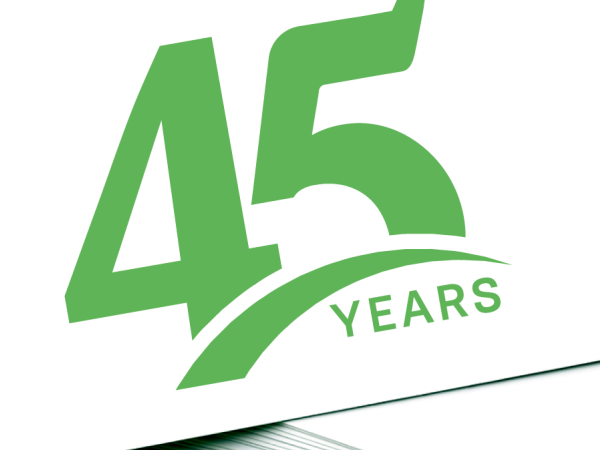Did you know?
Agricultural expansion drives almost 90% of global deforestation – and the new EU Deforestation Regulation is fighting back

This past summer, the European Union’s Deforestation Regulation (EUDR) came into force – with its obligations for traders and operators set to become active from the end of 2024.
The new regulation aims to ensure that a set of key products traded and consumed in the EU and globally no longer contribute to deforestation and forest degradation. It states that relevant products – including soy, cattle, palm oil, rubber, coffee and cocoa, alongside wood – placed on the EU market, or exported from the EU, must demonstrate that their supply chains haven’t contributed to the destruction of forests around the world.
Significantly, the EUDR acknowledges that the international timber trade is only a small part of the problem, noting that “agricultural expansion drives almost 90% of global deforestation, with more than half of forest loss due to conversion of forest into cropland, whereas livestock grazing is responsible for almost 40 percent of forest loss.”
What needs to be done?
From 30 December 2024, operators – those who place relevant products made from wood (or the other categories) on the EU market or who export such products – must be able to prove that their products:
(a) are deforestation-free
(b) have been produced in accordance with the relevant legislation of the country of production, and
(c) are covered by a statement of due diligence
One of the specific traceability requirements demands the sharing of geolocation data to confirm precisely where a commodity originates from – something technically and administratively difficult to implement, and a challenge that the Commission and stakeholders are still working to clarify.
What is Sappi doing?
Sappi is firmly committed to zero deforestation. With the new EUDR leaving open several important issues related to its practical implementation, Sappi is working to clarify issues alongside other stakeholders and peers to ensure a robust yet workable implementation of the regulation. The company works together notably within the community of the Confederation of European Paper Industries (CEPI) to build a common understanding and approach to EUDR across the value chain.
Forest certification systems will continue to play a key role in helping to oversee and validate supply chains. Sappi already has in place measures to ensure that its supply chains are deforestation-free and employs its own due diligence systems to monitor supplies of wood fibre raw materials – which is why, in Europe, all of Sappi’s mills are certified by both PEFC and FSC Chain of Custody.


